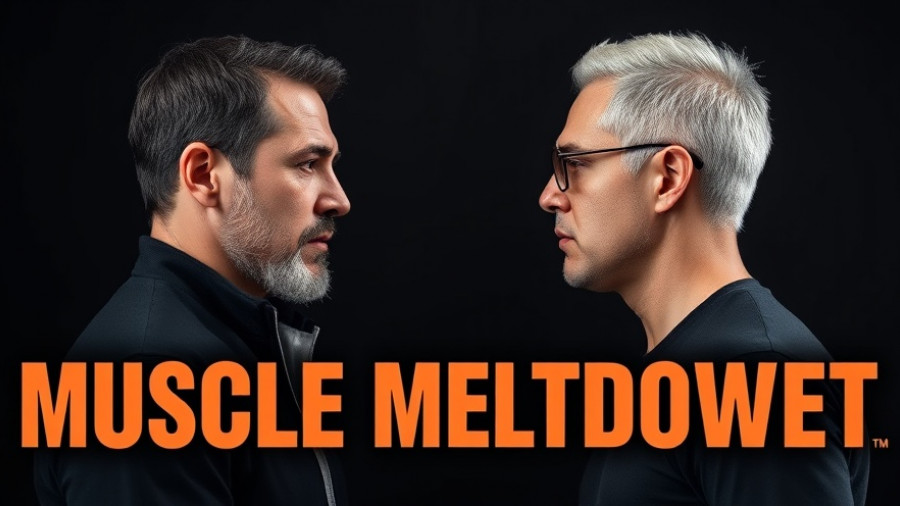
Understanding Perspectives on War
The recent video, How Do Americans And Asians See War Differently?, presents an intriguing look at how cultural backgrounds shape one's perception of conflict. In the United States, the narrative around war tends to focus on clear distinctions of good versus evil and emphasizes heroism and sacrifice. In contrast, many Asian perspectives, influenced by historical conflicts and philosophies, often adopt a more nuanced view, recognizing complex socio-political undercurrents.
In How Do Americans And Asians See War Differently?, the discussion dives into the cultural underpinnings of war perspectives, exploring key insights that sparked deeper analysis on our end.
The Impact of Culture on War Narratives
In America, the media often glorifies military intervention, presenting it as a need for valor and justice. This approach resonates with ideals of individualism and the “American exceptionalism” narrative. Asian cultures, particularly those with a deep history of conflict, lean toward collective experiences over individual heroics. This viewpoint encourages a focus on harmony and balance, suggesting that lasting peace requires understanding the multifaceted nature of conflict rather than merely choosing sides.
Echoes of Historical Context
Wars such as the Vietnam War have significantly shaped Asian perspectives, prompting communities to reflect on the human cost and the aftermath rather than the glory of victory. This historical lens fosters a sense of empathy, potentially reshaping how strategies for resolution are envisioned. The collective memories influence today’s conversations, prioritizing dialogue over confrontation.
Actionable Insights for a New Generation
Understanding these varying perceptions of war can lead to more productive discussions about global conflicts. For individuals looking to be more informed and engaged citizens, recognizing the impact of culture and history is crucial. By moving beyond simplistic narratives and seeking comprehensive understanding, we can foster a more peaceful global community.
Ultimately, as we reflect on these insights, it is essential to explore our own perceptions and how they influence our understanding of conflict. This awareness can drive actionable changes in how we engage with global issues. To further explore these themes and enhance your knowledge, consider joining discussions that focus on the peace-building efforts across cultures.



Write A Comment